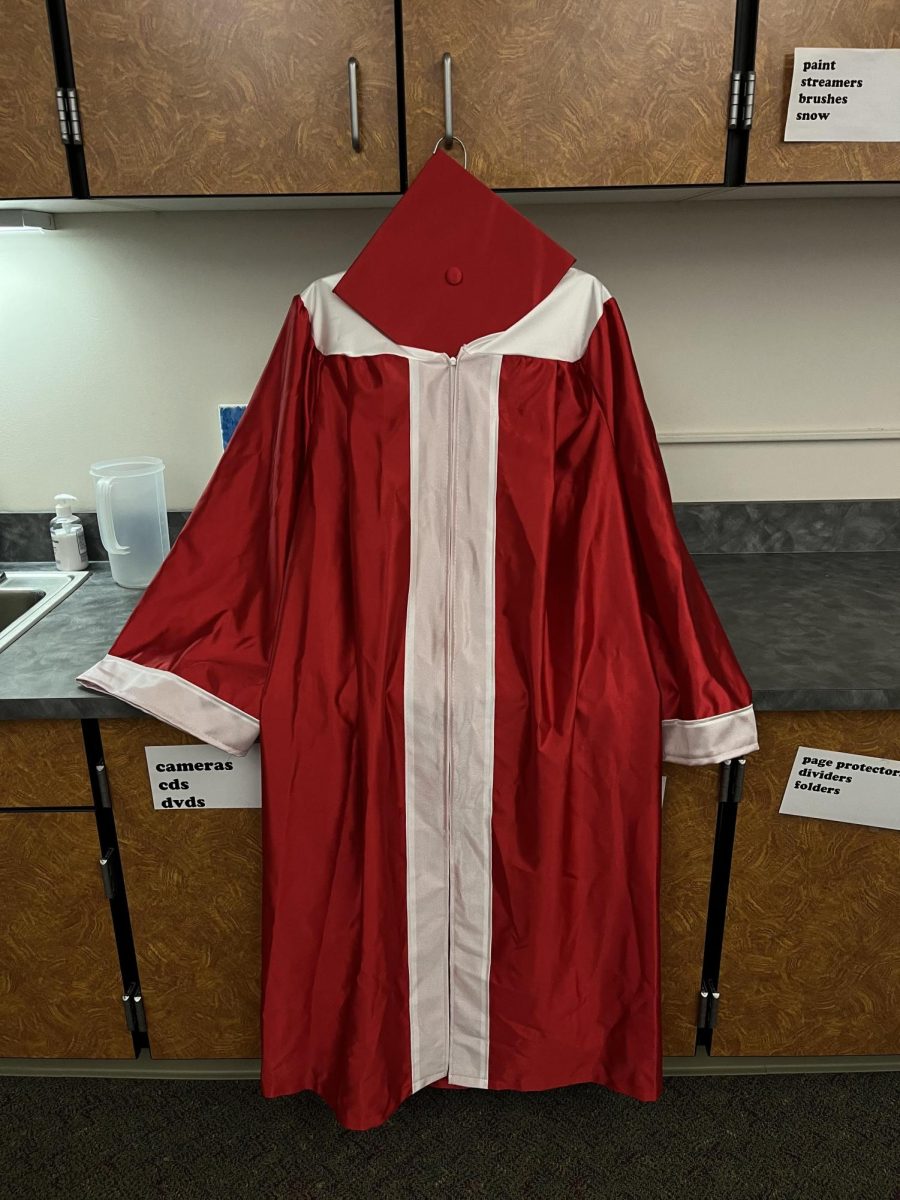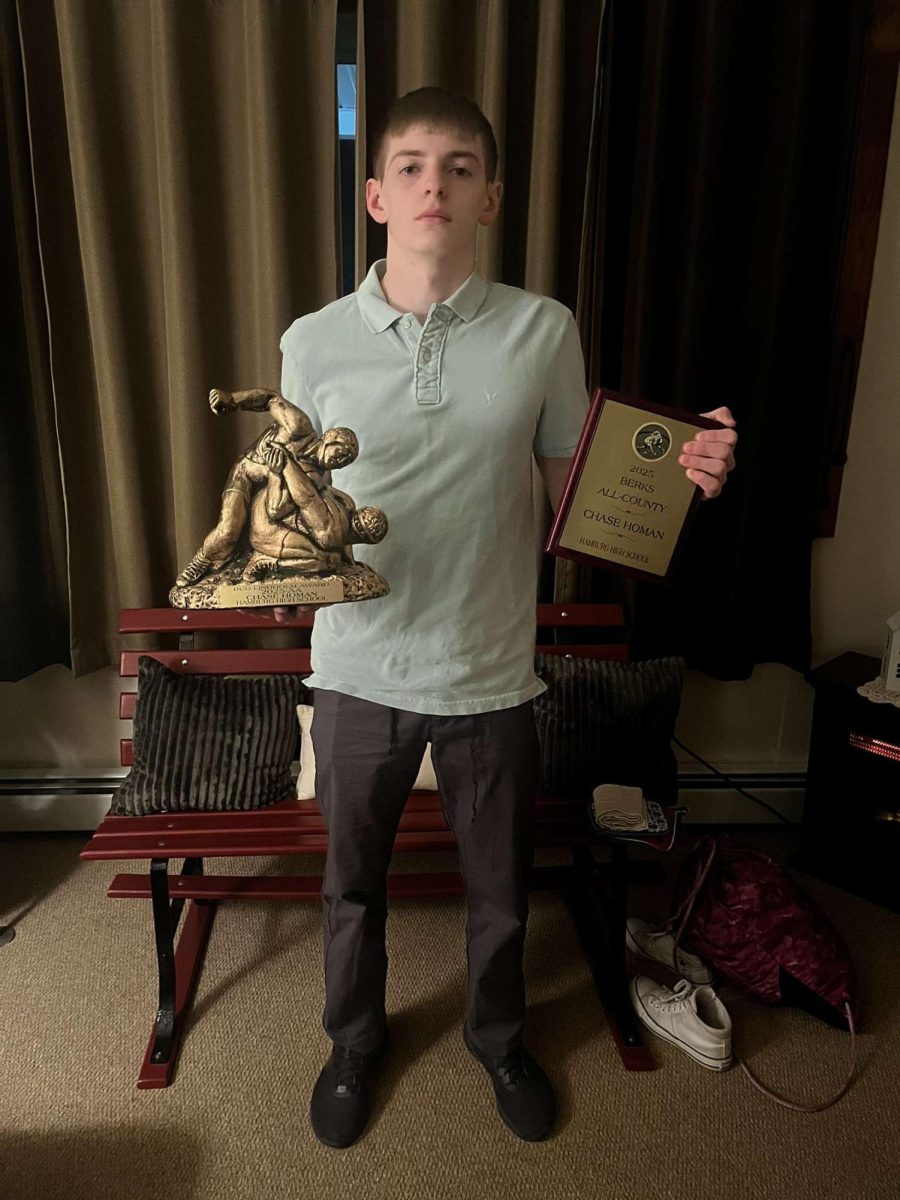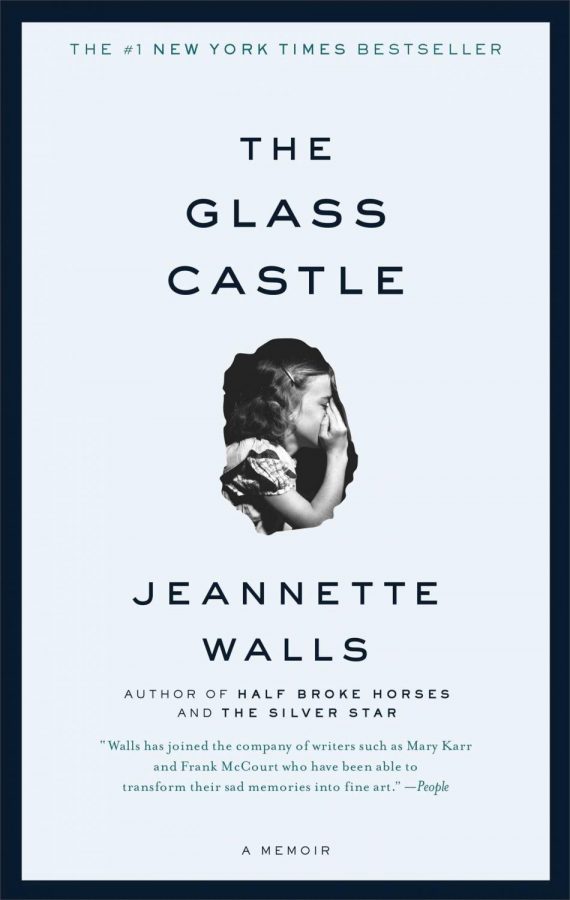The Glass Castle penetrates the heart
February 21, 2019
Heart-felt and perplexing, The Glass Castle by Jeannette Walls convinces readers to accept and embrace their past, no matter how imperfect it may have been.
The Glass Castle is a memoir based on the life-events in Walls’s life. The memoir primarily focuses on Walls’s childhood, connecting those memories, the good and bad, to the future she eventually pursues.
In the first several pages of the memoir, Walls notes her earliest memory when she was only three years old. Walls, who frequently cooked by herself, was boiling hot dogs unsupervised; without warning, her dress caught on fire. Her mother, Rosemary, who was painting a photo, heard her daughter shrieking. Walls was quickly sent to the hospital, and, in contrast to her normal life, which consisted of hunger and temporary residency, she found the hospital to be somewhat of a luxury. She noted the endless supply of food, specifically.
In order to prevent paying medical expenses, her father, Rex, did a skedaddle. A skedaddle, which the Walls were notorious for, was basically leaving a specific location unexpectedly, quickly and without anyone else noticing aside from the immediate family. In other words, there was a significant lack of consistency and stability in Walls’s life, all of which stemmed from her parent’s inability to sufficiently provide for their children; however, in spite of Walls having to deal with poverty, a self-absorbed mother as well as a drunken father, the Glass Castle, according to Walls, provided “hope for the future” as opposed to another one of her father’s “drunken promises.”
For as long as she can remember, her father promised to one day, after they are done skedaddling, build a Glass Castle – a house entirely made out of glass; of course, Walls assumed that the Glass Castle would never be built, but it served as a pipedream that, in a sense, both tightened the family connection and loosened it.
Eventually, the relationship between Walls and her father, which was very tight-knit in years prior, began to strain; as a result, Walls and her three siblings – Lori, Brian and Maureen, adopted an impressive work-ethic in order to, hopefully, earn enough money to move away from West Virginia to New York City.
Walls, who moved away senior year of high school, attended Barnard University and later obtained a career in journalism shortly thereafter. She wrote columns about celebrities, completely losing her former-identity, so far as to hide her past from her peers for fear of social rejection.
Her parents eventually moved to New York City, close to where their daughter resided. Walls, however, was swimming in luxury while her parents were drowning in poverty on the streets. Guilt invaded her life, but she still maintained a grudge towards her parents for their neglect and irresponsibility when she was a child.
It was not until the end of the memoir, where Rex is on his death-bed, that Walls reflects on her life-events, both the good and bad, and, learns to accept her past.
She learned to accept every memory torched with anger and sorrow – parents who constantly argue, Rex’s drunken rage and her starving belly. She learned to accept every memory tinged with glee and sentiment – adventures in the woods and sleeping in the desert. One memory, in particular, stuck with Walls throughout her life.
One Christmas day, the Walls family had no money for presents, so Rex decided to give each of the four children a star for Christmas. Walls, captivated by the brightest speck in the sky, chose the planet Venus instead of a star. Rex willingly gave Walls a planet, and, later stated, a quote that stuck with Walls – “Years from now, when all of the junk they got is broken and long forgotten, you’ll still have your stars.”
In 2017, the memoir was made into a movie, and, similar to the memoir, received a flood of praise. The content is raw, genuine and reveals the complexities of both love and hate.
Megan DeAngelo, who watched the movie, noted that the story was “eye-opening,” because it reveals that “everyone has a past and we shouldn’t be ashamed of it.”
To watch an interview with Jeanette Walls, visit: https://www.youtube.com/watch?v=0OFmona__4M



















